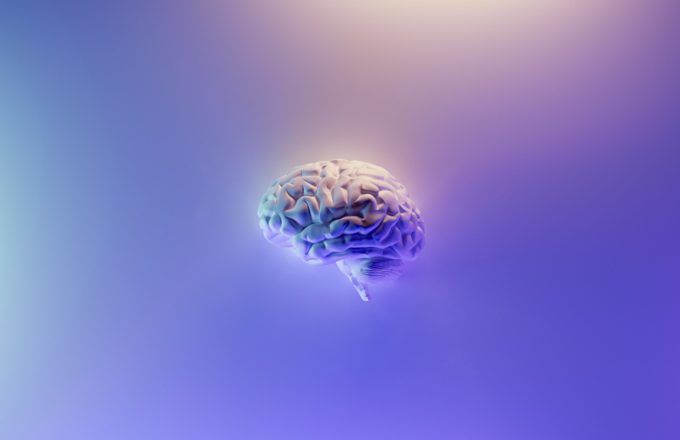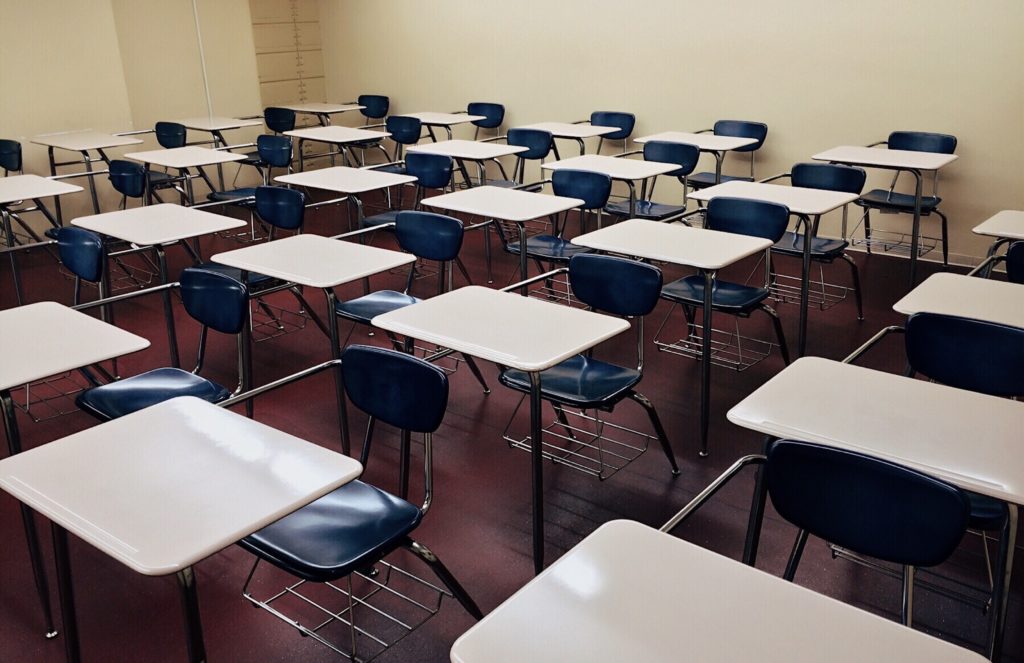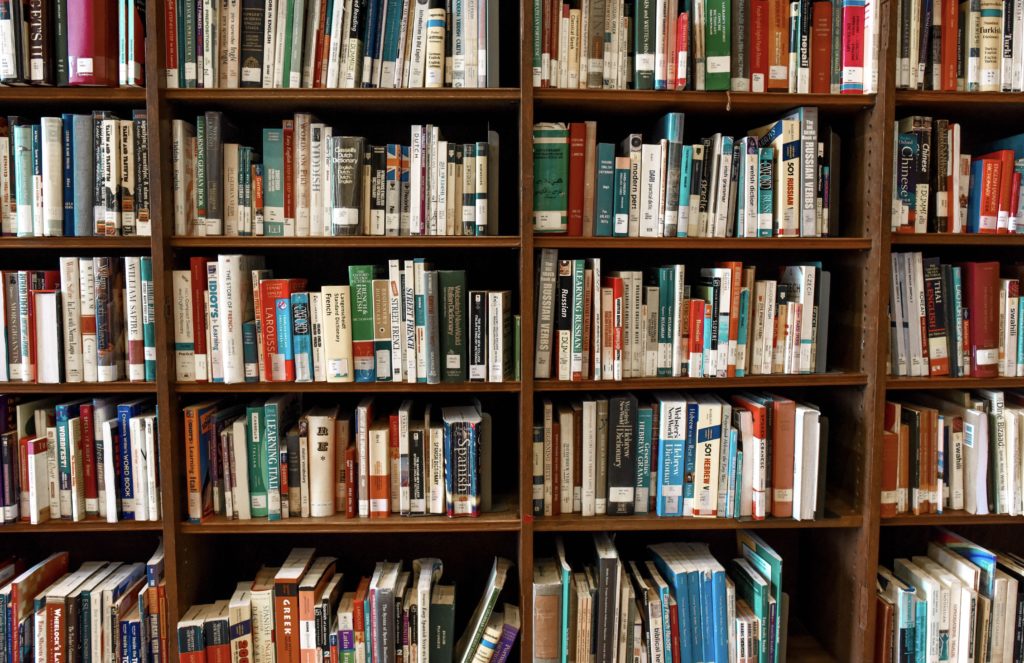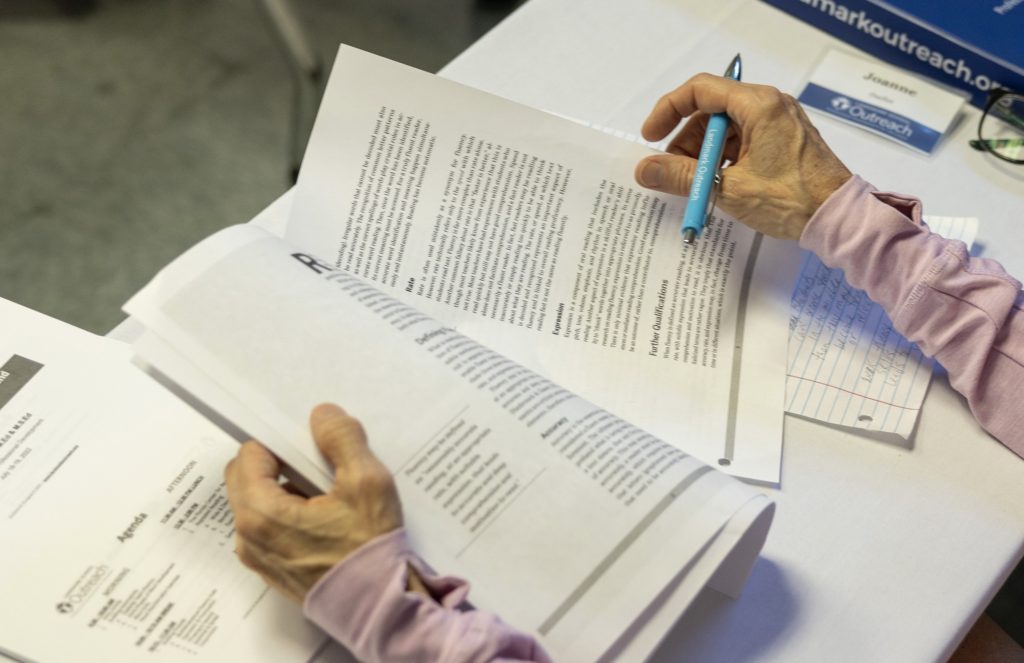The Reading League, a national education nonprofit led by educators and reading experts, defines the science of reading as:
A vast, interdisciplinary body of scientifically-based research about reading and issues related to reading and writing. This research has been conducted over the last five decades across the world, and it is derived from thousands of studies conducted in multiple languages. The science of reading has culminated in a preponderance of evidence to inform how proficient reading and writing develop; why some have difficulty; and how we can most effectively assess and teach and, therefore, improve student outcomes through prevention of and intervention for reading difficulties. (The Reading League [TRL], 2022)
In other words, the science of reading takes the wide and complex scope of science and research pertaining to literacy and creates a consensus on how the brain learns to read and write. This synthesis provides stakeholders with a framework to assess the most effective ways to teach literacy that provides the most benefit for the most learners.
According to TRL (2022) the science of reading is derived from many fields:
- Cognitive Psychology
- Communication Sciences
- Developmental Psychology
- Education
- Special Education
- Implementation Science
- Linguistics
- Neuroscience
- School Psychology
According to TRL (2022) the science of reading is NOT:
- an ideology or philosophy
- a fad, trend, new idea, or pendulum swing
- a political agenda
- a one-size-fits-all approach
- a program of instruction
- a single, specific component of instruction, such as phonics
Literacy is recognized as a fundamental human right; however, it is frequently confirmed that many students are not reaching proficient levels of reading. The National Assessment of Educational Progress recently released data that shows in 2022 that average scores for age 9 students declined 5 points in reading. This means that there is a statistically significant decline in literacy and that many children are not achieving proficiency in reading (NAEP 2022).
This highlights that there is a critical need for improved literacy instruction. Teaching literacy and language development are complex and in order to develop confident readers, educators need to be well-versed in all areas of language development, and the tenets of the science of reading help provide a framework. The Reading League says: “Educators who are knowledgeable about the necessary connections between the pronunciation of the spoken word, the sequence of letters in the printed word, and the meaning of the word, can implement reading instruction and assessment that promotes the level of automatic word recognition that is necessary for deep processing of the meaning of texts” (p.14, 2022).
References
- Kilpatrick, D. A. (2015). Essentials of assessing, preventing, and overcoming reading difficulties. Wiley.
- NAEP report card: Reading. The Nation’s Report Card. (n.d.). Retrieved August 30, 2022, from https://www.nationsreportcard.gov/reading
- The Reading League. (2022). Science of Reading: Defining Guide.



